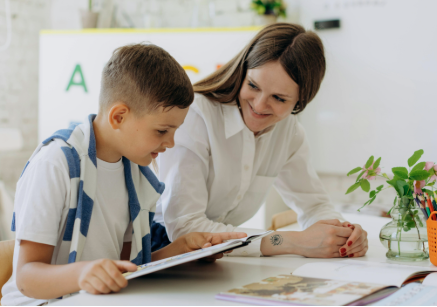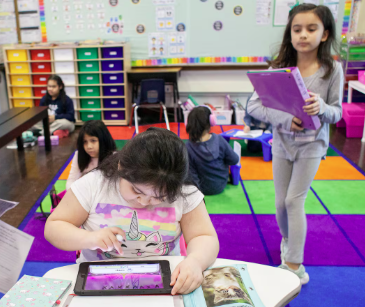Article:
Summer learning programs in 2025 are no longer just about catching up—they’re about moving forward. Personalized learning is helping reshape summer education by meeting students where they are, maintaining engagement, and supporting individual growth. Whether aimed at enrichment, intervention, or exploration, personalized approaches make summer learning more effective and enjoyable for students of all ages.
Closing Gaps and Building Confidence
Summer programs often focus on helping students strengthen skills and fill learning gaps. Personalized learning allows educators to tailor instruction based on student assessments and academic history. This targeted support helps students gain confidence and prepare for the school year ahead, without feeling overwhelmed by a one-size-fits-all curriculum.
Creating Flexible and Student-Centered Experiences
With smaller class sizes and flexible schedules, summer programs are well-suited to personalized instruction. Students can set goals, choose learning pathways, and explore topics that interest them. This autonomy fosters motivation and helps create a more relaxed, low-pressure learning environment.
Integrating Enrichment and Exploration
Personalized summer learning isn’t limited to academics. It also includes enrichment opportunities such as coding, art, science experiments, and creative writing. Students can pursue passions and develop new skills, making summer programs both educational and inspiring.
Utilizing Technology for Access and Engagement
Many summer programs incorporate digital platforms to support personalized learning. These tools provide interactive content, real-time feedback, and progress tracking. They also allow students to work at their own pace and revisit materials as needed—ideal for both remediation and advancement.
Strengthening Teacher-Student Relationships
Personalized learning thrives in environments where educators know their students well. In summer settings, teachers can form strong connections with learners through small-group instruction, mentoring, and individualized support. These relationships help reinforce trust, accountability, and growth.
Supporting Transitions and Readiness
For students moving between grade levels or transitioning into new schools, personalized summer programs can ease the adjustment. Focused skill-building, personal goal-setting, and self-paced review help students feel more prepared and confident when fall arrives.
Conclusion
In 2025, personalized learning is enhancing the value and impact of summer programs. By offering flexibility, choice, and meaningful support, these programs are keeping students engaged, motivated, and on track for success. Whether recovering lost ground or pursuing new passions, learners benefit from an approach that puts their needs at the center—even during the summer months.














